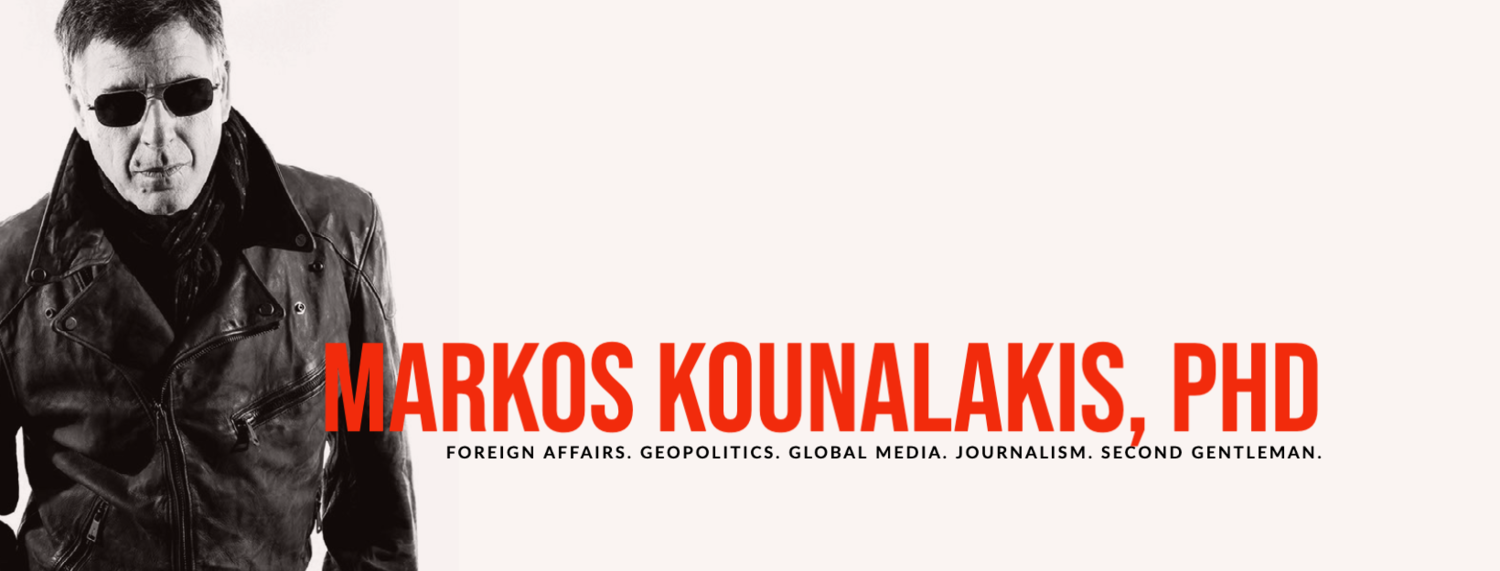Good Ship USA – a remembrance of Ambassador Shirley Temple Black
I’m a Shirley Temple fan. Not a big fan of her movies; they seemed more suited for my sister. I’m a fan of her diplomacy in Czechoslovakia. I was a Newsweek reporter living in Prague between the 1989 “Velvet Revolution” and 1991 when I saw up close how Ambassador Shirley Temple Black worked it. That’s how I became a fan. (Disclosure: I like ambassadors, my wife was U.S. ambassador to Hungary 2010-13.)
America has had many notable diplomats dealing with Czechoslovakia, or the more modern Czech Republic, a country split from Slovakia in 1993 following a “Velvet Divorce.”
But Shirley Temple Black’s watch came at a seminal moment in modern Czechoslovak history and she was, perhaps unexpectedly, the right person at the right time. (read more)


